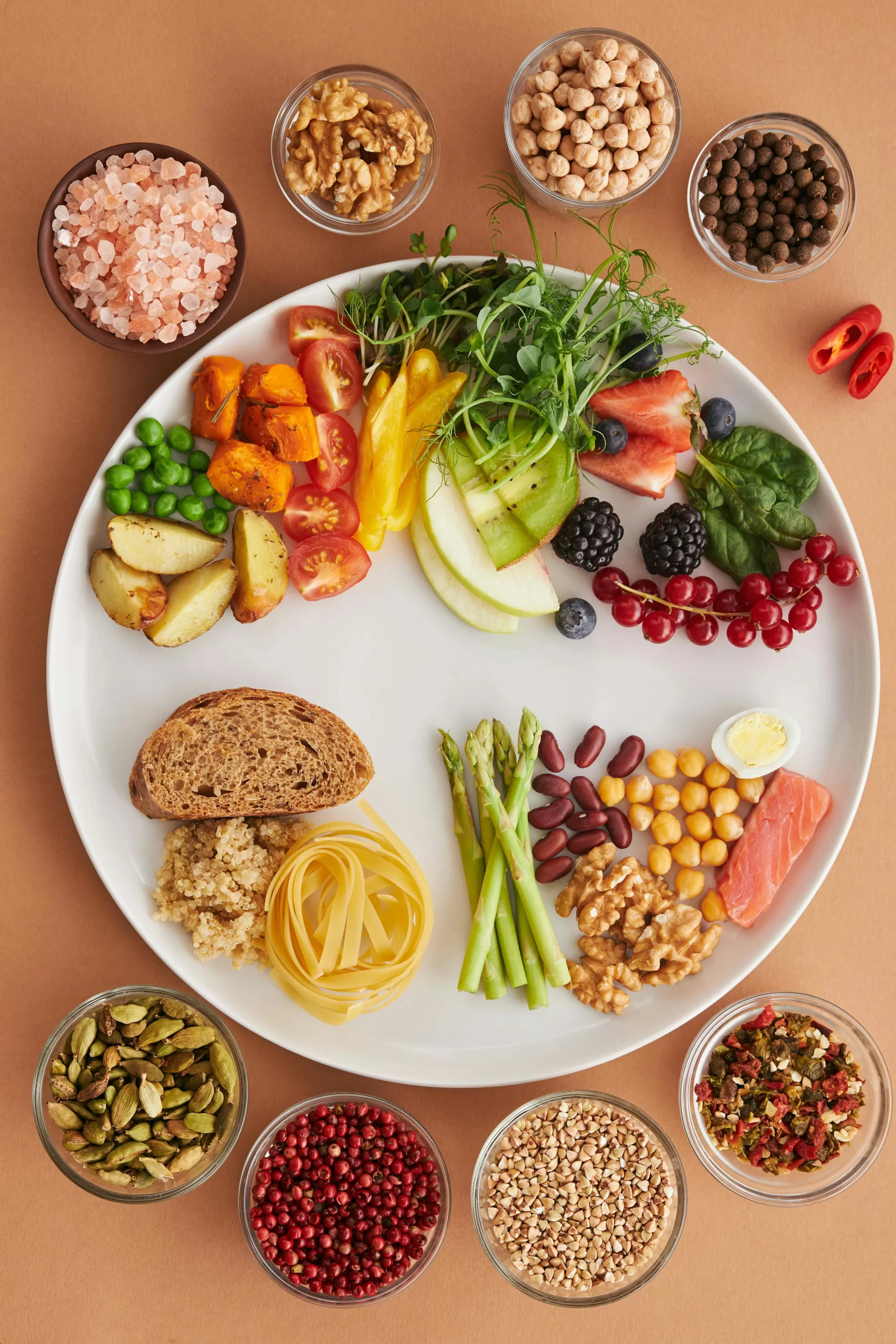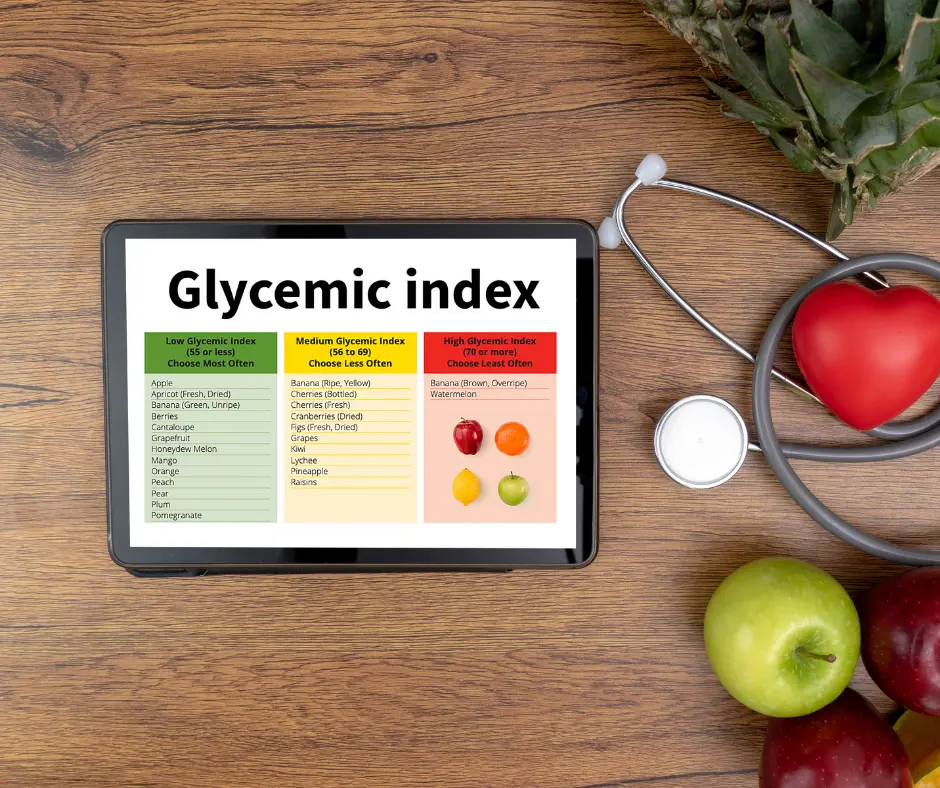
Role of Nutrition in tackling Type 2 Diabetes
Type 2 diabetes is the most common type of diabetes, affecting millions of people worldwide. It occurs when the body cannot produce or use insulin effectively, leading to elevated blood sugar levels. While there is no cure for type 2 diabetes, making changes to diet and lifestyle can effectively manage the condition. Nutrition counseling plays a vital role in helping individuals understand the impact of food choices on blood sugar levels and overall health.
Online Appointment
The Importance of Nutrition Counseling
Nutrition counseling is essential for individuals with diabetes as it equips them with the practical tools and knowledge needed to make informed decisions about their daily food intake. It goes beyond focusing on single foods and aims to improve health literacy, which refers to an individual’s ability to find, understand, and use information to make informed decisions about their health.
Several factors influence food choices, including the availability of certain foods, support from friends and family, and personal triggers for eating. A nutrition counselor collaborates with individuals to discuss various options that align with their goals and determine the best approach for each situation.
Finding a Qualified Nutritionist for Diabetes Care
When seeking nutrition counseling for diabetes management, it is crucial to consult with a qualified professional. In India, Nutritionist Dr. Jyoti Singh is known for her expertise in diabetes care and is considered one of the best nutritionists for diabetes. She specializes in providing personalized diet plans and offers diabetes diet consultations to help individuals effectively manage their condition.
Tailoring a Diabetes Diet Plan
A diabetes diet plan should be tailored to an individual’s specific needs, taking into account dietary preferences, cultural influences, finances, and overall health. The goal is to achieve balanced nutrition while managing blood sugar levels and reducing the risk of complications associated with diabetes.
The Dietary Guidelines for Healthy Eating for Adults and Healthy Eating for Children serve as a starting point for developing a diabetes diet plan. These guidelines emphasize the importance of consuming a variety of foods from different food groups, including vegetables, fruits, whole grains, lean meats, poultry, legumes, and dairy products.
Healthy Carbohydrate Choices
Carbohydrates significantly impact blood glucose levels, making it crucial to choose healthier carbohydrate sources. Whole grains like brown rice, buckwheat, and whole oats are excellent options. Fruits, vegetables, and pulses such as chickpeas, beans, and lentils are also healthy sources of carbohydrates. It is essential to be mindful of portion sizes and opt for foods high in fiber while limiting processed and low-fiber options like white bread and white rice.
Reducing Salt Intake
High salt intake can increase the risk of high blood pressure, which is already a concern for individuals with diabetes. Limiting salt consumption to a maximum of 6 grams (one teaspoon) per day is recommended. Checking food labels for sodium content and choosing low-salt alternatives can help manage salt intake. Cooking meals from scratch using herbs and spices instead of salt can also add flavor while reducing sodium consumption.
Choosing Lean Proteins
When it comes to protein sources, it is important to opt for lean options. Red and processed meats, such as ham, bacon, sausages, beef, and lamb, have been linked to heart problems and cancers. Instead, individuals can choose alternatives like pulses (beans and lentils), eggs, fish, poultry (chicken and turkey), and unsalted nuts. These options are high in fiber and do not significantly affect blood glucose levels.
Emphasizing Fruits and Vegetables
Fruits and vegetables are essential components of a diabetes diet. They provide essential nutrients, vitamins, minerals, and fiber necessary for overall health. Whole fruits are recommended over fruit juices due to their higher fiber content and lower sugar concentration. Fresh, frozen, dried, or tinned fruits (in juice, not syrup) can be enjoyed throughout the day as part of a balanced diet. But emphasis should be more on eating fresh fruits and vegetables which have low glycemic index.
Healthy Fat Choices
Including healthy fats in the diet is important for energy and overall well-being. Unsaturated fats found in foods like unsalted nuts, seeds, avocados, oily fish (salmon and mackerel), and oils such as olive oil, rapeseed oil, and sunflower oil are beneficial. On the other hand, saturated fats, primarily found in desi ghee, dalda ( any fat which is solid at room temperature) , red and processed meats, butter, and baked goods, should be limited to reduce the risk of heart problems.
Limiting Added Sugar
Reducing added sugar intake is crucial for managing blood glucose levels and overall health. Small practical swaps can help individuals gradually cut down on excess sugar consumption. Choosing water, plain milk, or unsweetened tea and coffee over sugary drinks and fruit juices is a good starting point. Low or zero-calorie sweeteners can be used as alternatives once in a blue moon only, as these have side effects in the long run.
Mindful Snacking
Smart snacking choices can contribute to a healthy diabetes diet. Opting for snacks like yogurts, unsalted nuts, seeds, fruits (low GI), and vegetables instead of unhealthy options like crisps, chips, biscuits, and chocolates is recommended. Portion control is essential even when choosing healthier snacks to maintain a balanced diet.
Alcohol Consumption
For individuals with diabetes, drinking alcohol should be done sensibly and in moderation. Alcohol is high in calories (7 calories per gram) and can interfere with blood glucose management. Limiting alcohol intake can mitigate potential risks. It is important to note that alcohol can increase the likelihood of hypoglycemia (low blood sugar) when combined with insulin or other diabetes medications. Alcohol has been found to impair judgment, leading to poor food choices and overeating, which disturbs blood sugar levels / control.
Diabetes usually affects the liver’s ability to regulate blood sugar (The liver stores and releases glucose as needed to maintain stable blood sugar levels) and alcohol can further stress the liver, potentially leading to liver disease.
Avoiding “Diabetic” Foods
The notion of “diabetic foods” is no longer supported, as there is no evidence to suggest that such products offer special benefits over a healthy, balanced diet. Many so-called diabetic foods contain similar amounts of fat and calories as regular products and can still impact blood glucose levels. It is advisable to focus on making overall healthier food choices rather than relying on specialised diabetic products or take professional guidance before start consuming any such products.
Obtaining Essential Nutrients from Food
While mineral and vitamin supplements may be necessary in specific cases (age/ disease/work load), there is generally no evidence to support their routine use for diabetes management. It is preferable to obtain essential nutrients through a varied diet that includes a range of different foods. Eating a mixture of fruits, vegetables, whole grains, lean proteins, and healthy fats can provide the necessary nutrients for optimal health.
The Role of a Diabetes Nutritionist
A diabetes nutritionist, such as Nutritionist Dr. Jyoti Singh, plays a crucial role in providing expert guidance and developing personalized diabetes diet plans. She works closely with individuals to understand their unique needs, dietary preferences, and lifestyle factors. By considering these aspects, she creates a tailored plan that helps manage blood glucose levels, promotes weight management, and reduces the risk of complications associated with diabetes.
Diabetes Nutritionists also provide ongoing support, education, and motivation to individuals with diabetes. Regular consultations and follow-ups allow adjustments to the diet plan based on progress and individual needs. By working with a nutritionist, individuals can gain valuable knowledge, make sustainable lifestyle changes, and achieve better diabetes management outcomes.
Conclusion
Managing diabetes effectively involves making informed choices about diet and lifestyle. Nutrition counseling plays a vital role in helping individuals with diabetes make healthier food choices, manage blood glucose levels, and reduce the risk of complications. Consulting with a qualified nutritionist, such as Nutritionist Dr. Jyoti Singh, can provide personalized guidance and support in developing an effective diabetes diet plan. By following the recommended dietary tips and working closely with a nutritionist, individuals can achieve improved diabetes care and overall well-being.






